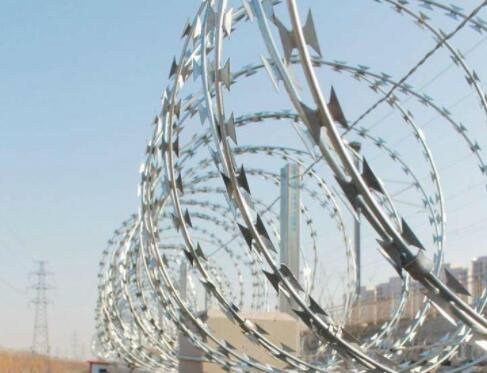Understanding the Right Screws for Drywall Installation
When it comes to drywall installation, choosing the right screws is crucial for creating a sturdy and durable wall that can withstand the test of time. While many people might not give much thought to the screws used for drywall, understanding their specific characteristics can make a significant difference in the ease of installation and the overall quality of the finished product. In this article, we’ll discuss the different types of screws suitable for drywall, their features, and how to use them effectively.
Types of Drywall Screws
1. Standard Drywall Screws Standard drywall screws are perhaps the most common type used. They are made from hardened steel and typically come in lengths ranging from 1 inch to 3 inches. The head of the screw is usually Phillips or square, which allows for easier driving with a power drill or screwdriver. These screws are designed to bite into the drywall as well as the wooden or metal studs behind it, ensuring a secure hold.
2. Coarse-thread Screws Coarse-thread screws are commonly used for attaching drywall to wooden studs. The larger threads grip into the wood more effectively, making them ideal for this application. Typically available in lengths of 1-1/4 inch to 2-1/2 inch, coarse-thread screws are less likely to strip when driven into softer materials, providing a strong anchor for the drywall.
3. Fine-thread Screws In contrast, fine-thread screws are designed for use with metal studs. The finer threads allow for better engagement with the metal, reducing the risk of cross-threading and ensuring a secure fit. These screws can range in length from 1 inch to 3 inches as well and are often used in commercial drywall installations where metal framing is prevalent.
4. Self-tapping Screws Self-tapping screws are another option for drywall installation, especially when working with metal studs. These screws have a sharp point that allows them to tap their own hole as they are driven in, eliminating the need for pre-drilling. This feature can save time during installation and is ideal for projects where speed is essential.
5. Specialty Screws There are also specialty screws available for specific applications, such as moisture-resistant screws for areas with high humidity, like bathrooms or kitchens. These screws often have a coating that helps prevent rust and corrosion, prolonging the life of the installation.
what screws do you use for drywall

Choosing the Right Length
When selecting screws for drywall, it's important to choose the correct length based on the thickness of the drywall and the material of the studs. For standard 1/2-inch drywall, screws should typically be 1-1/4 inches long when fastening to wood studs and 1-1/4 to 1-5/8 inches long for metal studs. For thicker 5/8-inch drywall, slightly longer screws may be required.
Installation Tips
1. Proper Spacing When installing drywall, screws should be spaced about 12 to 16 inches apart on the edges and 16 to 24 inches apart in the field. This spacing ensures that the drywall is securely anchored to the studs, minimizing the chance of cracking or sagging.
2. Driving the Screws When driving screws into drywall, it’s essential to sink the screw heads just below the surface of the drywall without breaking the paper layer. This will allow for proper finishing with joint compound and avoids unsightly screw heads showing through the paint.
3. Avoid Over-tightening Over-tightening screws can lead to damaged drywall, resulting in cracks and other issues. A good rule of thumb is to drive screws until the head is snug against the surface, then give it a slight turn to ensure an even finish.
Conclusion
In conclusion, selecting the right screws for drywall installation is a fundamental part of ensuring a quality finish. By understanding the various types of screws available and their specific applications, you can make informed choices that will enhance the stability and appearance of your walls. Whether you are a DIY enthusiast or a professional contractor, taking the time to choose the right drywall screws will pay off in the long run, resulting in a durable and aesthetically pleasing finish.

















